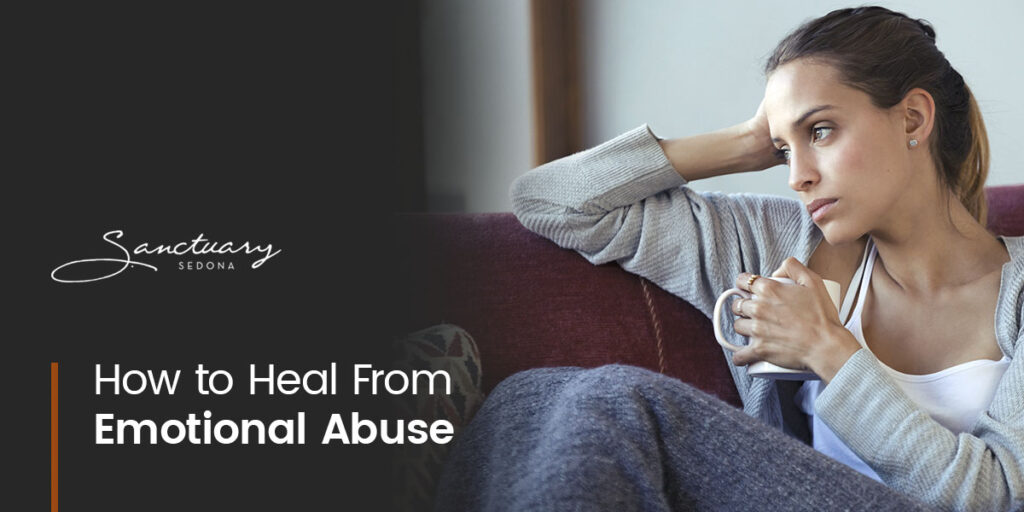Self-regulation forms a vital structure for healthy living. Those who manage their emotions better feel more in control, even during difficult situations. Addiction to substances often arises as an attempt to push down negative emotions. Learning effective control strategies lends better emotional regulation, decreasing reliance on substances like alcohol or drugs. Call us at (866) 750-0763 to learn how we can help.

What Are Emotional Self-Regulation Skills?
Emotional self-regulation skills encompass a person’s ability to influence their emotional reactions using internal and external strategies. Someone with solid emotion regulation has firmly established systems that they use to control their emotions and prevent them from spinning out of control.
Effective emotional self-regulation results from high emotional intelligence and personal experiences. Those who struggle with controlling their feelings might have experiences dating back to childhood that have influenced their regulation. When caregivers soothe young children when they are sad and show joy when children are happy, those kids grow up knowing how to regulate their emotions better.
Those who lack this emotional support during their younger years struggle to manage disruptive emotions as they grow up because they have not been taught the necessary skills.
What Are the Benefits of Self-Regulation?
Emotional regulation skills allow you to act according to deeply held values and express yourself appropriately. Emotional control also helps you stay calm under pressure. Effective self-regulation leads to better outcomes for you and the people around you:
-
- Better relationships with others: Coaches regularly check your progress and encourage you to continue healing.
- Improved personal life: When you have better control, you can avoid strong feelings like sadness, fear or anger that may impede your life. Self-regulation provides a healthy way to deal with emotions, so you can avoid turning to unhealthy coping mechanisms like drugs or alcohol.

Effective Strategies for Self-Regulation
Even without proper emotional support in childhood, everyone can learn self-regulation strategies to control their emotions. Here are a few strategies you might develop:
-
-
- Recognize physical symptoms: Becoming more attuned to sensations in your body, like hunger, exhaustion or a rising heart rate, can help you address emotions before they build to a dangerous level.
- Learn triggers: Look for situations that often bring about negative feelings, identify the root cause and work to prevent those situations from reoccurring.
- Choose your response: When you feel an emotion building, you can learn to step back and consider how you communicate this feeling to others.
-
Emotional Regulation in Addiction Recovery
Emotional self-regulation helps you control cravings and urges that lead to addiction. When people with addiction learn helpful regulation strategies, they can improve their recovery and decrease the chances of relapse by addressing the underlying causes of addiction.
People often use drugs or alcohol to change their feelings, increasing pleasurable sensations and reducing negative ones. Unfortunately, substances enhance the problem by temporarily dampening emotions. For those seeking long-lasting recovery, learning self-regulation skills provides an enduring solution.

Reach Out for Help From The Sanctuary
We use a multi-modal approach to addiction recovery that targets the mind, body and soul. Our techniques include therapy methods like self-regulation to control negative emotions that often lead to addiction. If you would like to speak to a counselor from The Sanctuary at Sedona about emotional regulation or addiction, contact us online or call us at (866) 750-0763 today.



